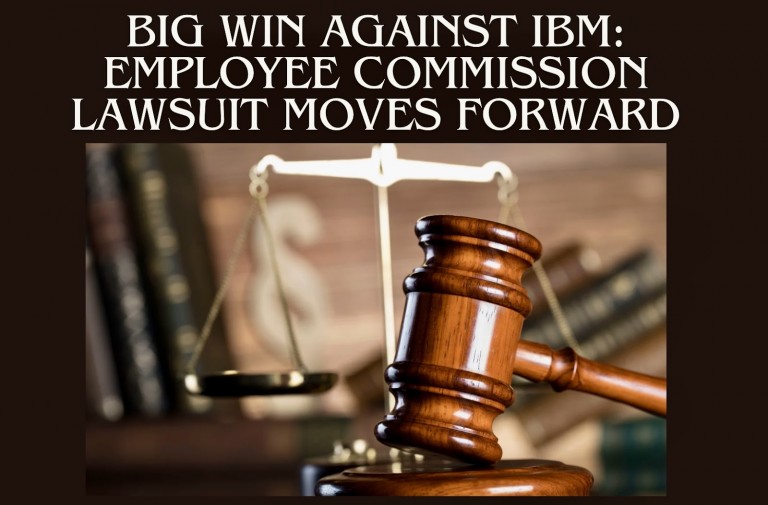L&N just recently successfully resolved a tipped employee minimum wage and overtime case. Below are the basic rights to wages for tipped employees under Maryland law and the federal Fair Labor Standards Act. In Maryland, employers must pay tipped employees at least half of the minimum wage per hour ($3.63). This employer payment, when combined with the employee's tips, must equal at least the current minimum wage (presently $7.25 an hour). If a tipped employee makes more than $7.25 an hour in tips, the employer is still required to pay a tipped employee an additional $3.63 an hour. See Md. Code Ann., Labor & Empl. § 3-419. If a tipped employee makes less than half the minimum wage in tips per hour, the employer must make up the difference. For example, if a tipped employee makes only $3 an hour in tips, the employer must pay at least $4.25 an hour, to make up the difference between the required minimum wage of $7.25 an hour and the tips earned. Under the federal Fair Labor Standards Act, employers must pay at least $2.13 per hour to tipped employees. If suing an employer in Maryland, an employee should, if possible, seek the protections of the more favorable Maryland state law. Importantly, in order for an employer to be able to count the tips earned by a tipped employee (a "tip credit") towards the wages it is required to pay such employees, it must inform all tipped employees of the tip credit provision and the amount of the tip credit before the employer can use any such credit. It also must allow tipped employees to retain all tips (except where there is a valid "tip pooling" arrangement with other tipped employees). A "tip pooling" arrangement in which employees share tips is allowed as long as each employee involved in the pool customarily receives more than $30 a month in tips. See 29 C.F.R. § 531.54. However, "[i]f tipped employees are required to participate in a tip pool with other employees who do not customarily receive tips, then the tip pool is invalid and the employer is not permitted to take a 'tip credit.'" Wajcman v. Inv. Corp. of Palm Beach, 620 F. Supp. 2d 1353, 1356 n.3 (S.D. Fla. 2009) (citing 29 U.S.C. § 203(m)); see also Gionfriddo v. Jason Zink, LLC, 769 F. Supp. 2d 880, 893 (D. Md. 2011). It is also important to know that if an employer requires tipped employees to perform non-tip producing duties for more than 20 percent of a work shift, they must pay the full minimum wage for these periods of time. They cannot use any "tip credit" (tips earned by the employee) to offset the wages owed to tipped employees performing non-tip producing duties. See Fast v. Applebee's Int'l, Inc., 638 F.3d 872 (8th Cir. 2011). For a good explanation of the your basic rights to wages under the federal Fair Labor Standards Act, see http://www.dol.gov/whd/regs/compliance/whdfs15.pdf. For a brief description of the Maryland law regarding tipped employees and wages, see http://www.dllr.state.md.us/labor/wagepay/wptipped.shtml/.












